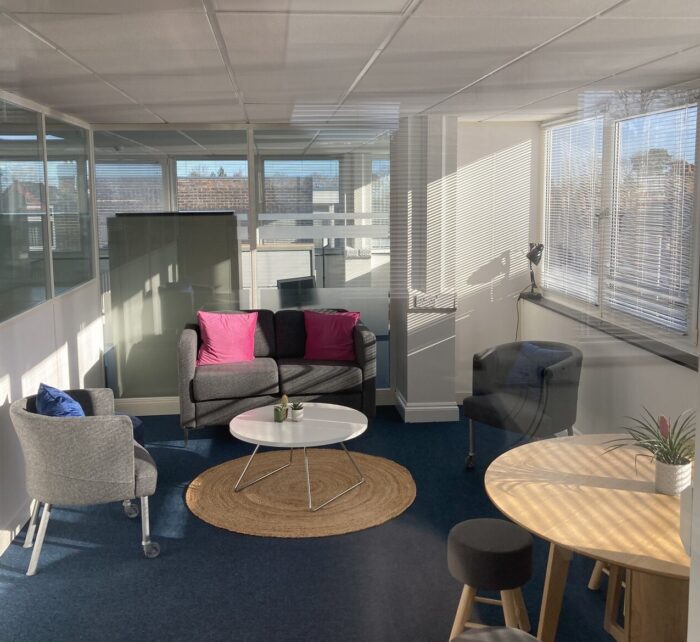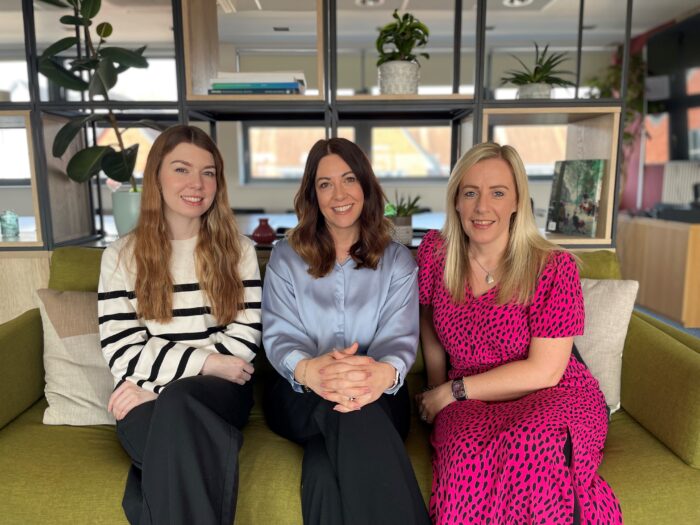Firm News
Why We Celebrate Pride: More Than Just a Parade
Did you know that June is Pride Month? It’s a time of vibrant celebration and powerful remembrance for the LGBTQ+ community worldwide, and its roots are deeply significant. June was chosen for Pride Month because
Read More
Samantha Dickinson
|
25th June 2025









